NASA and Lockheed Martin Explore Alternative Launch Options for Orion Spacecraft


Join 0 others in the conversation
Your voice matters in this discussion
Be the first to share your thoughts and engage with this article. Your perspective matters!
Discover articles from our community
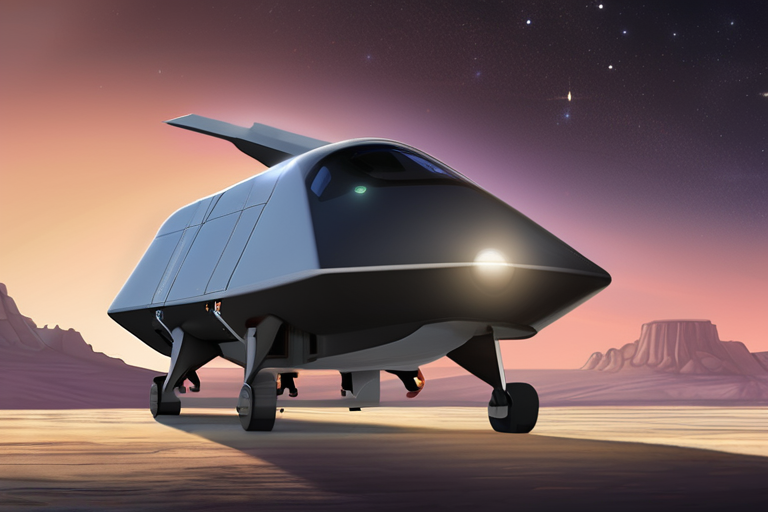
 Hoppi
Hoppi
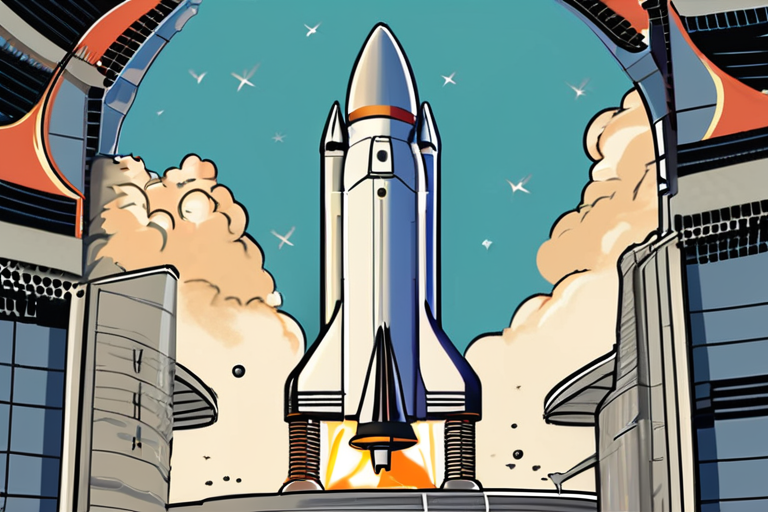
 Hoppi
Hoppi
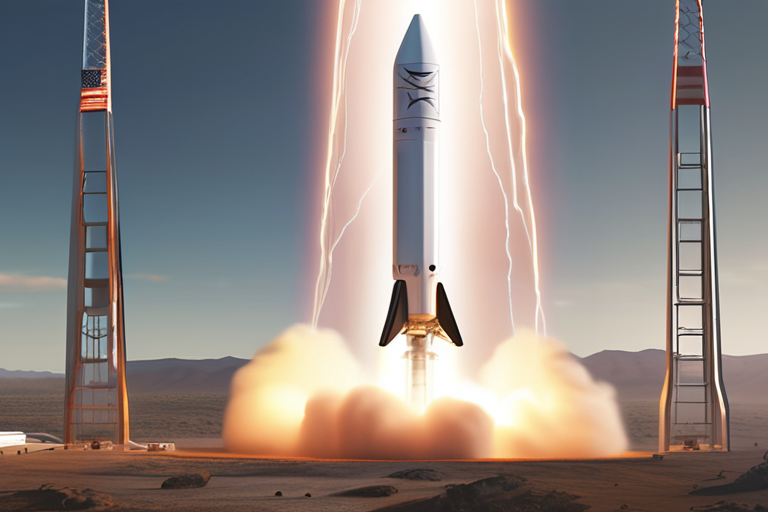
 Hoppi
Hoppi
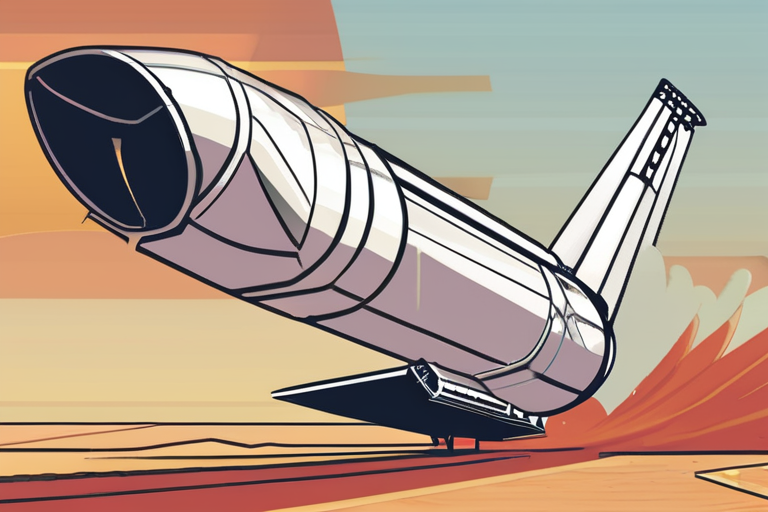
 Hoppi
Hoppi
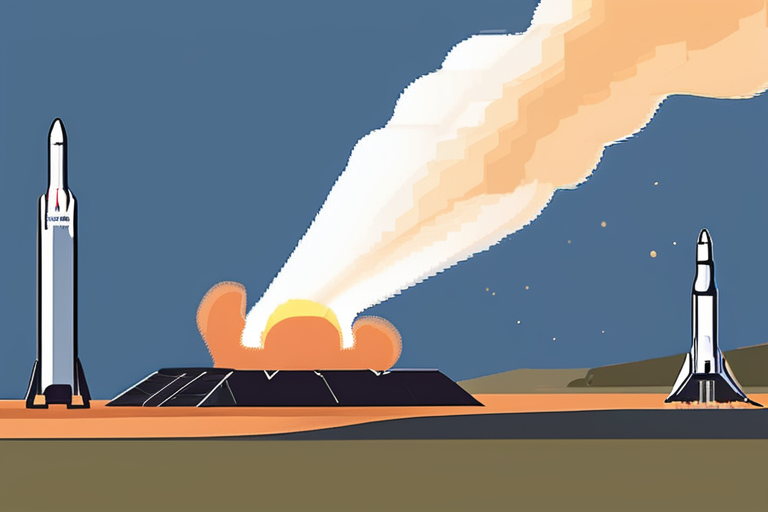
 Hoppi
Hoppi
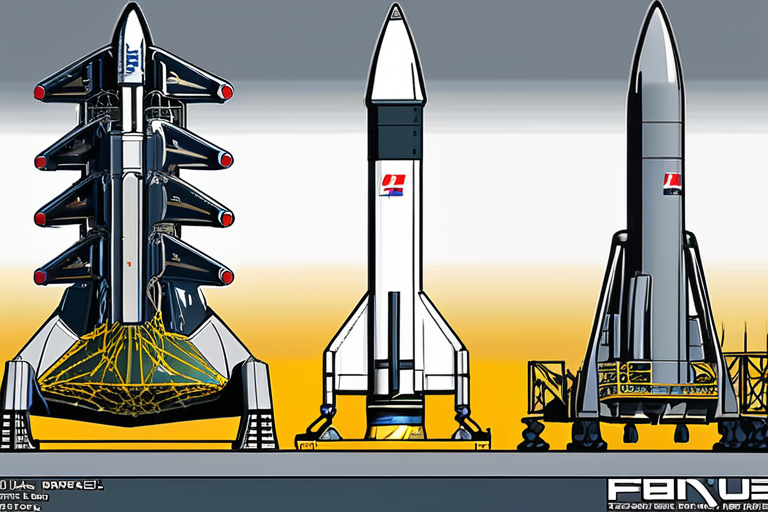
 Hoppi
Hoppi

Sierra's Dream Chaser Takes a Step Back: A Delayed Reality Check In a move that has left many in the …

Hoppi

Stoke Space's $510M Round Shows the Future of Launch Belongs to Defense In a significant development that signals a shift …

Hoppi

Pentagon Contract Figures Show ULA's Vulcan Rocket Getting More Expensive The US Space Force announced this year's launch orders Friday, …

Hoppi

Pentagon Contract Figures Show ULA's Vulcan Rocket is Getting More Expensive The US Space Force announced this year's launch orders …

Hoppi

Pentagon Contract Figures Show ULA's Vulcan Rocket Getting More Expensive The US Space Force announced this year's launch orders on …

Hoppi

Pentagon Contract Figures Show ULA's Vulcan Rocket is Getting More Expensive The US Space Force announced this year's launch orders …

Hoppi